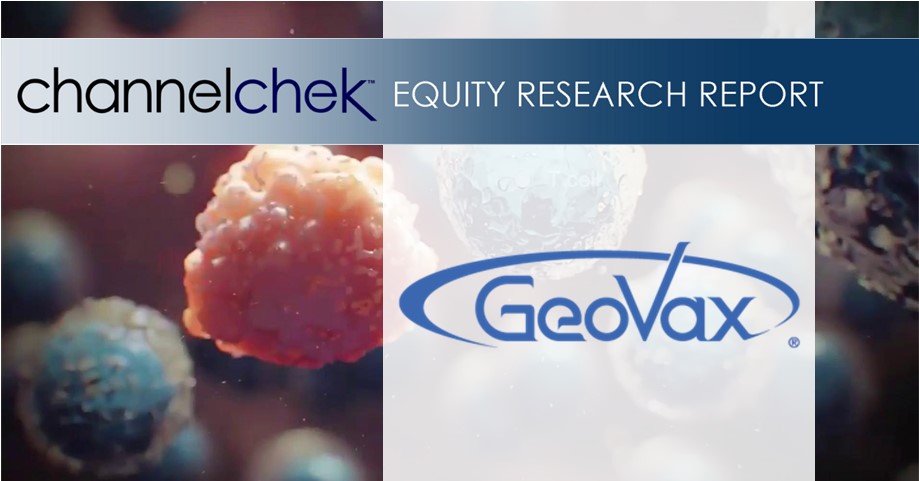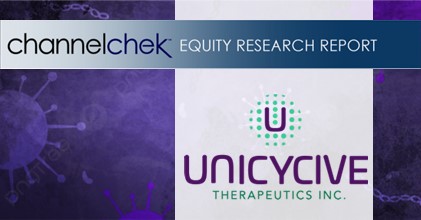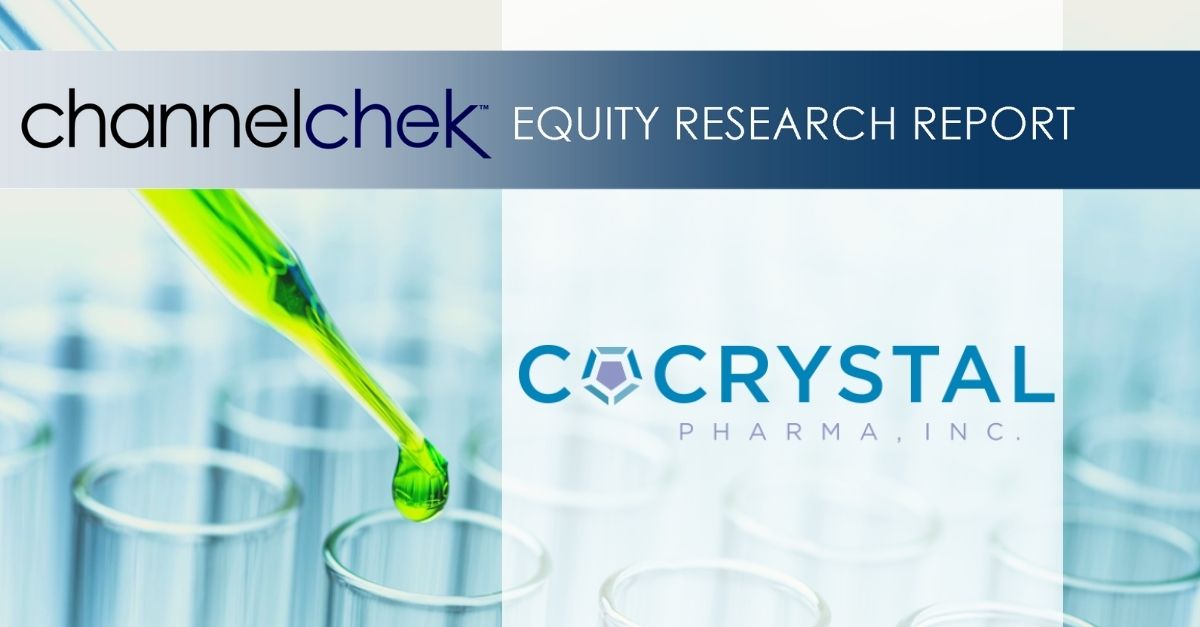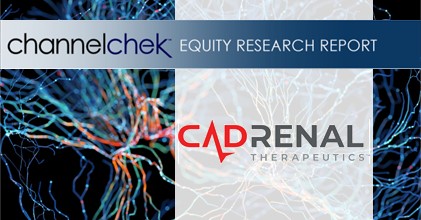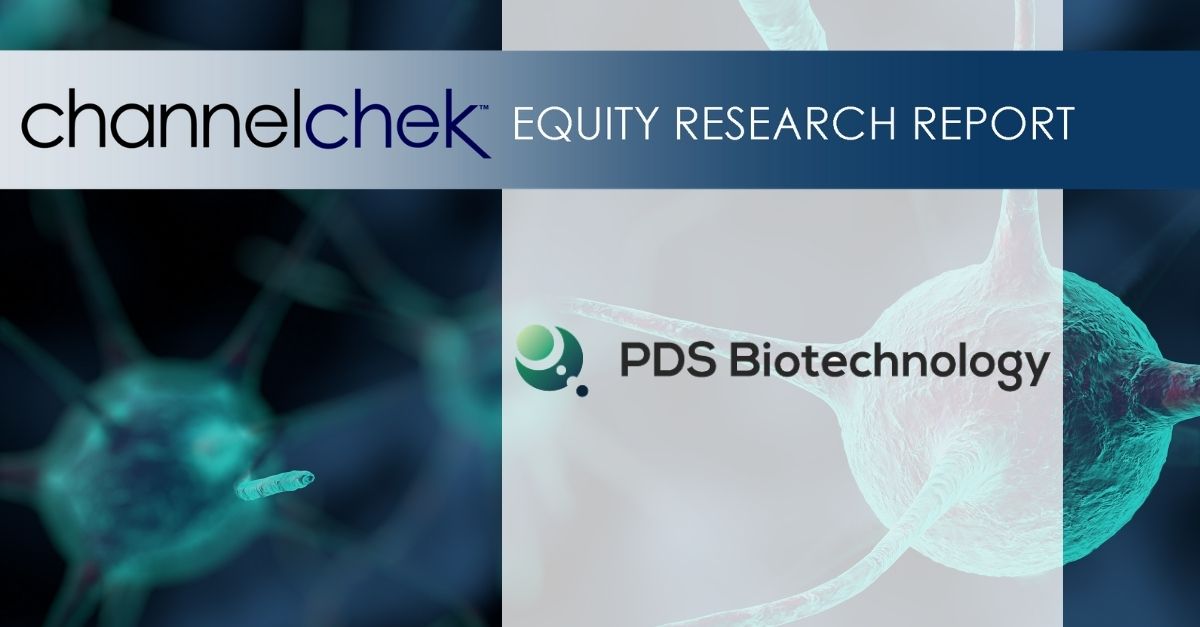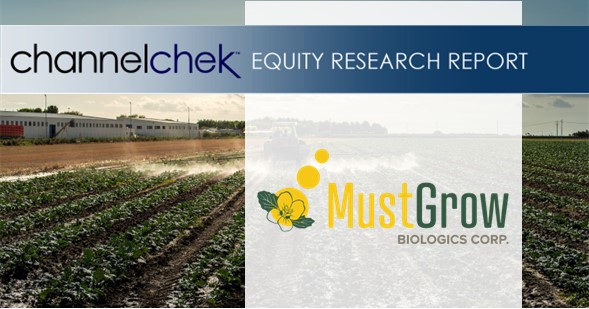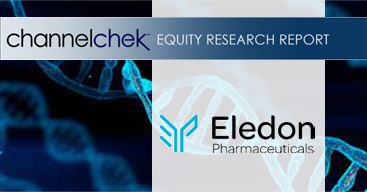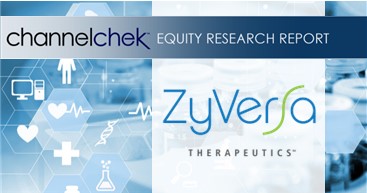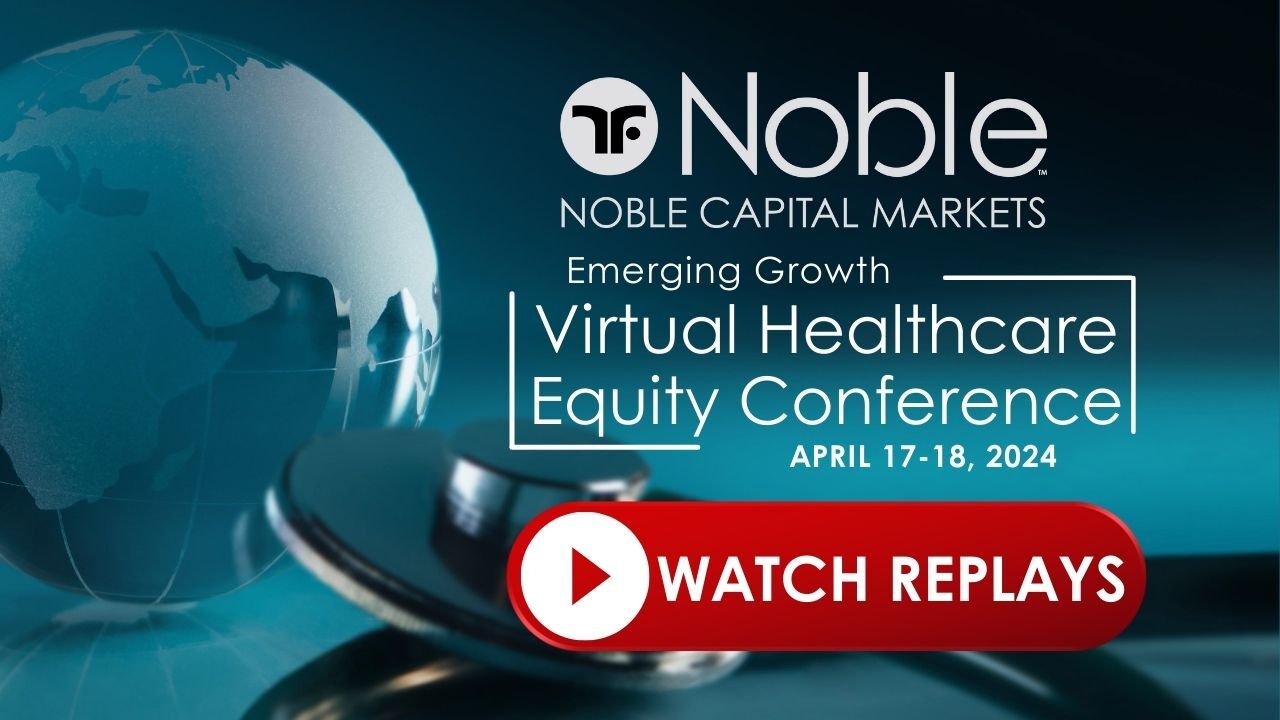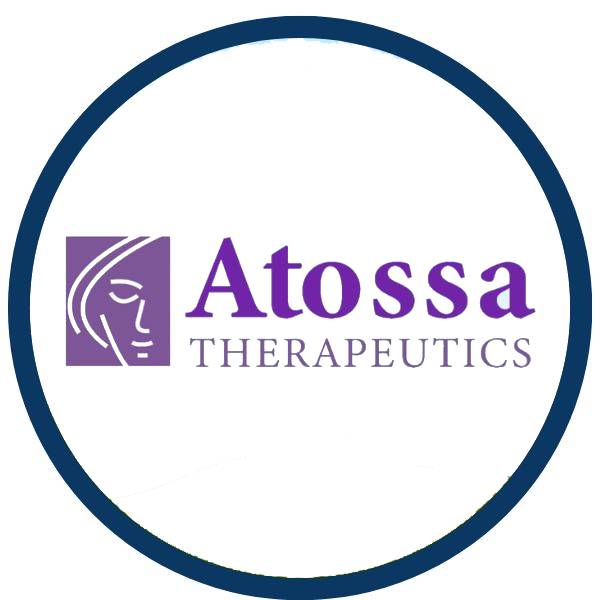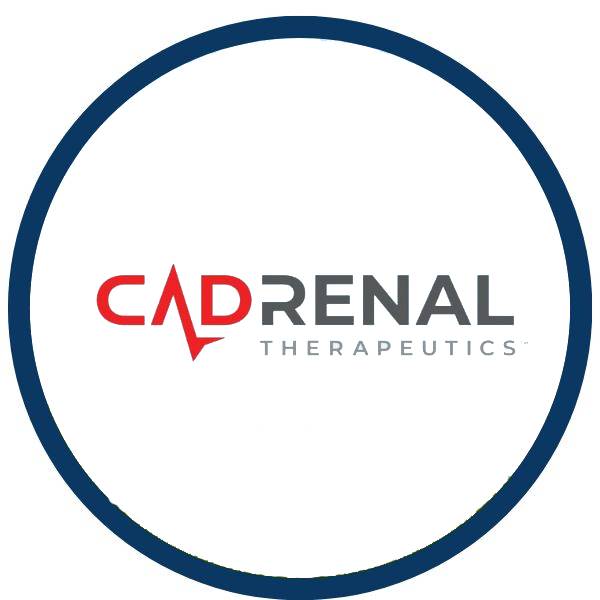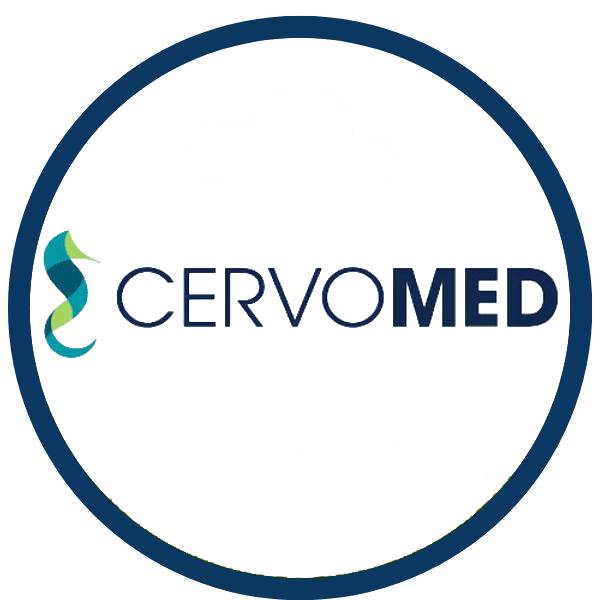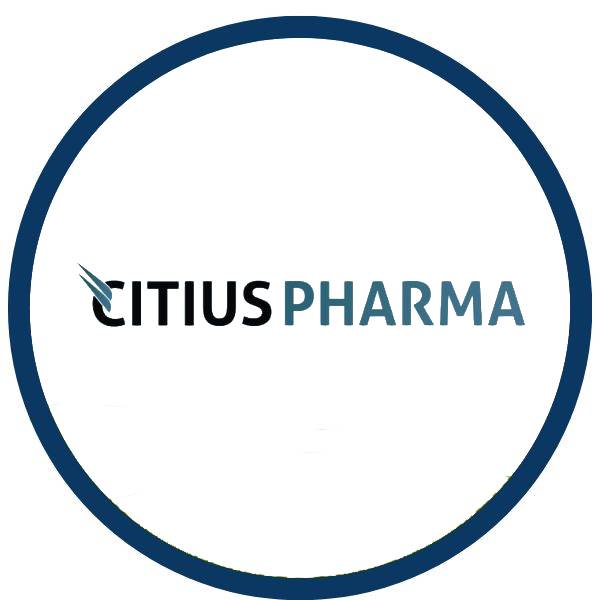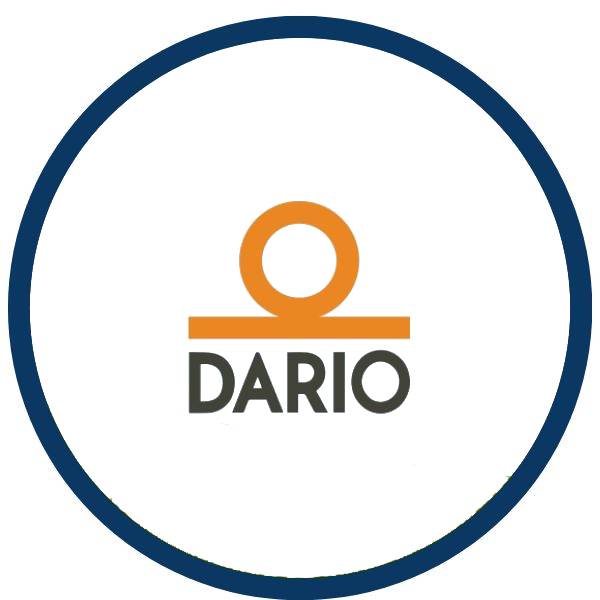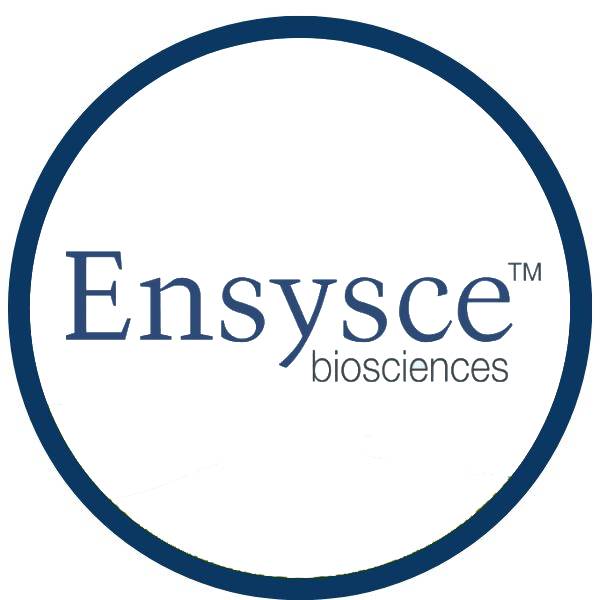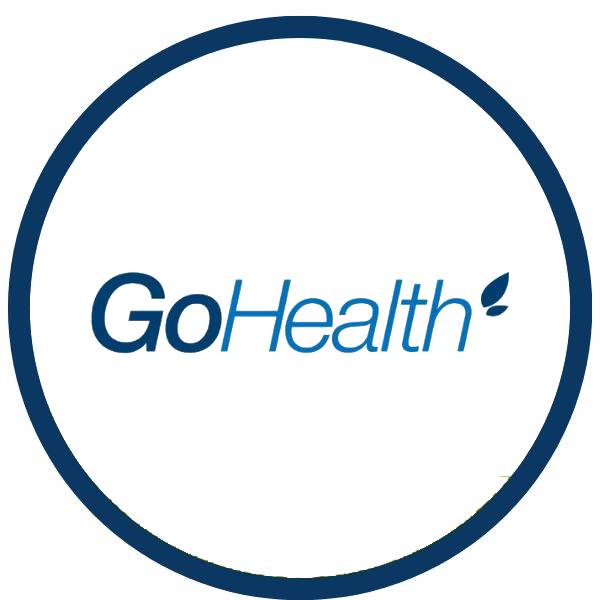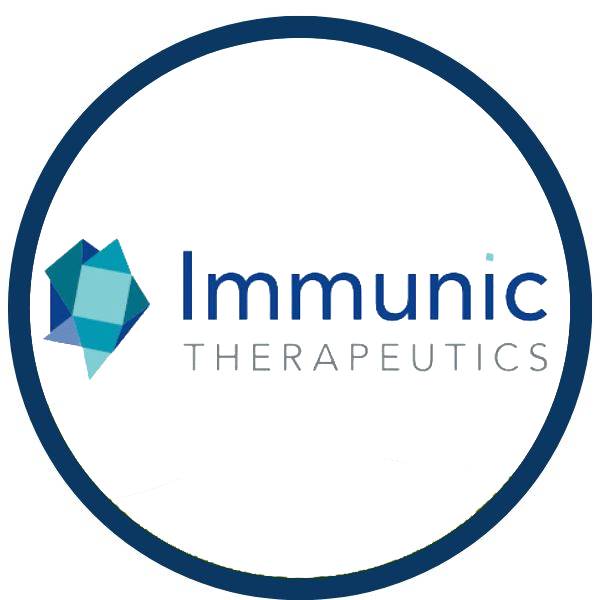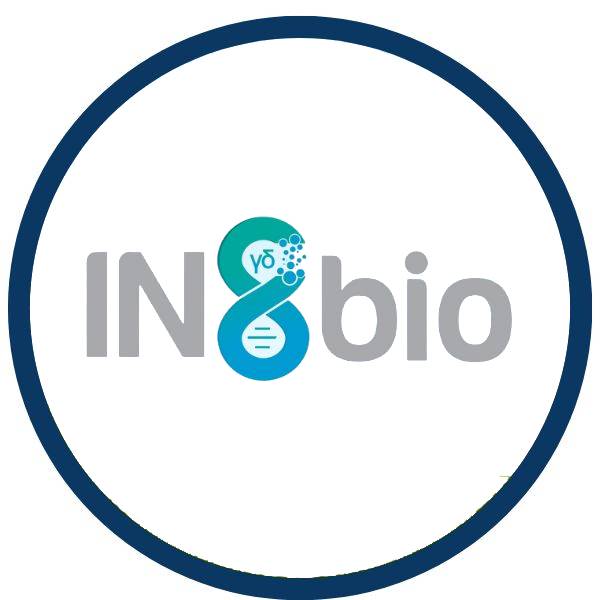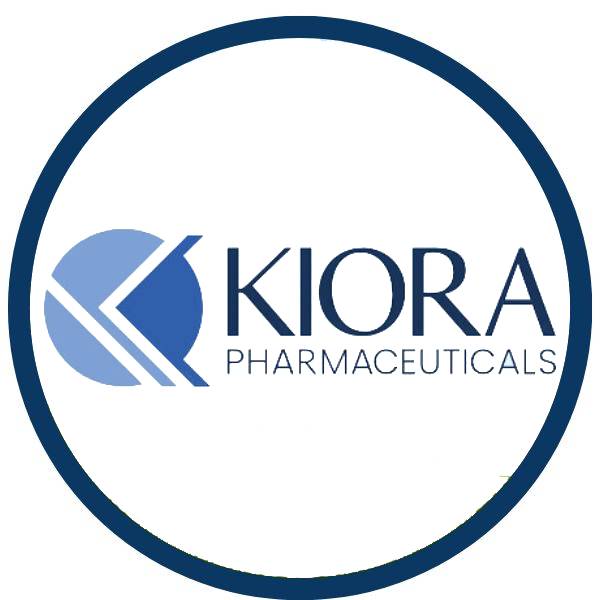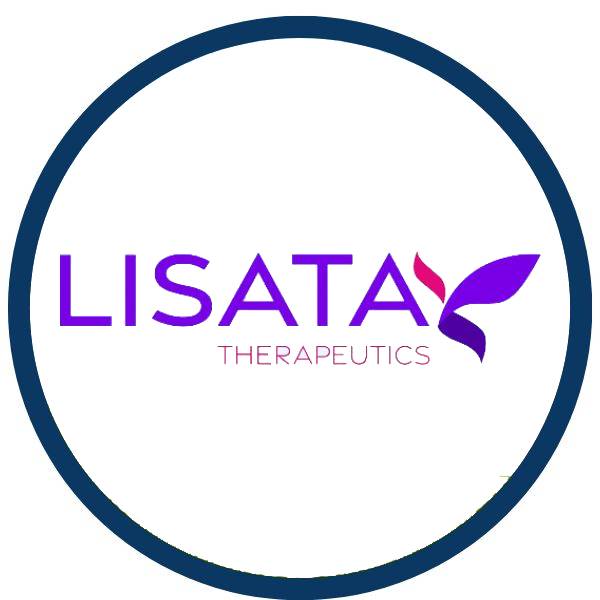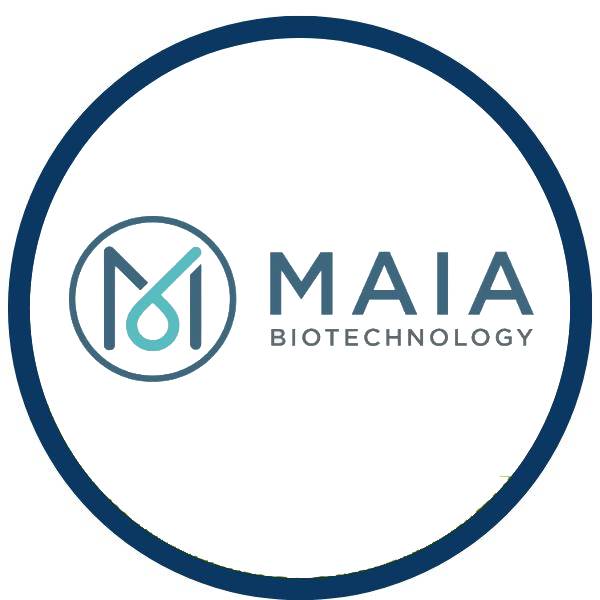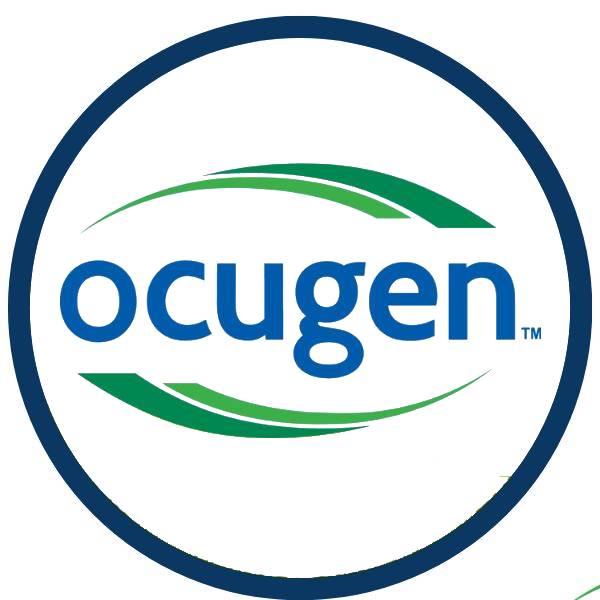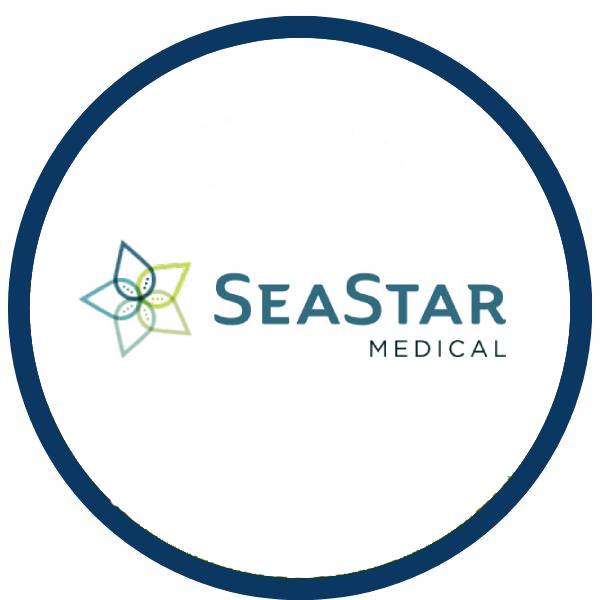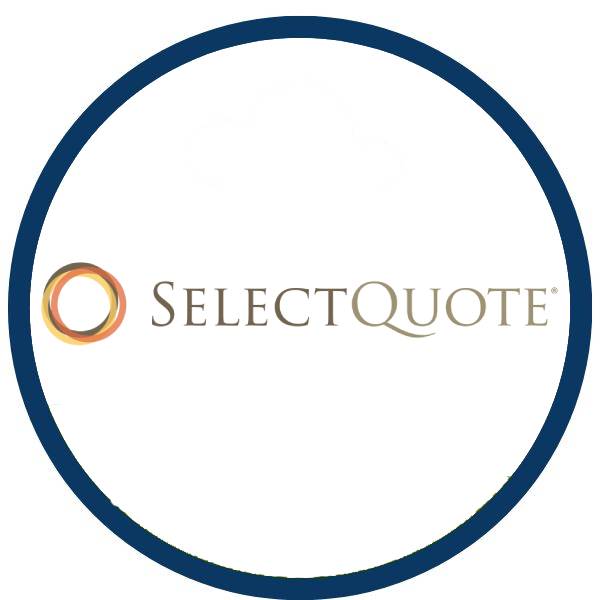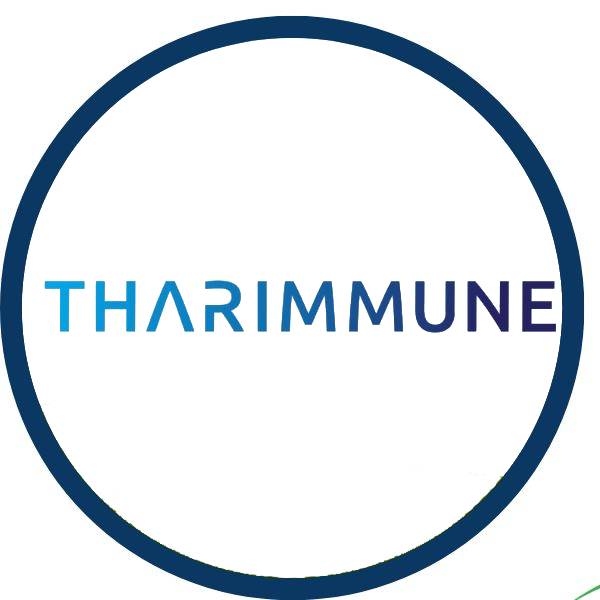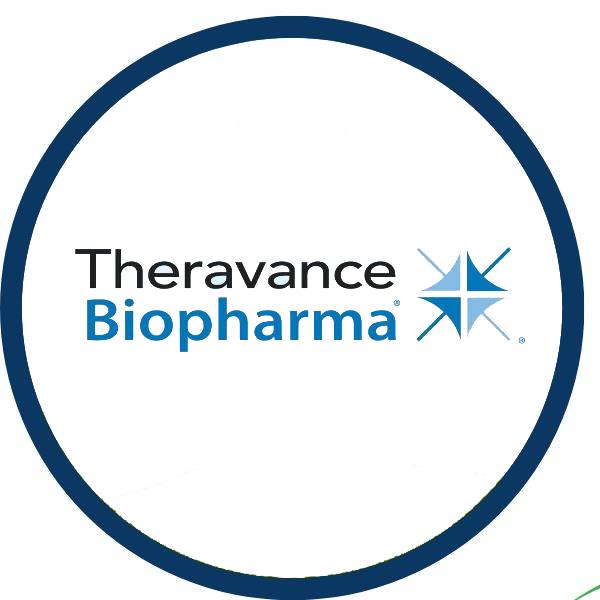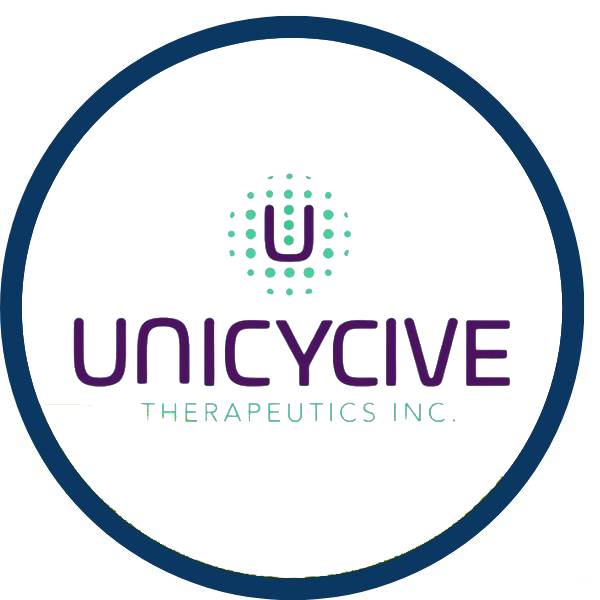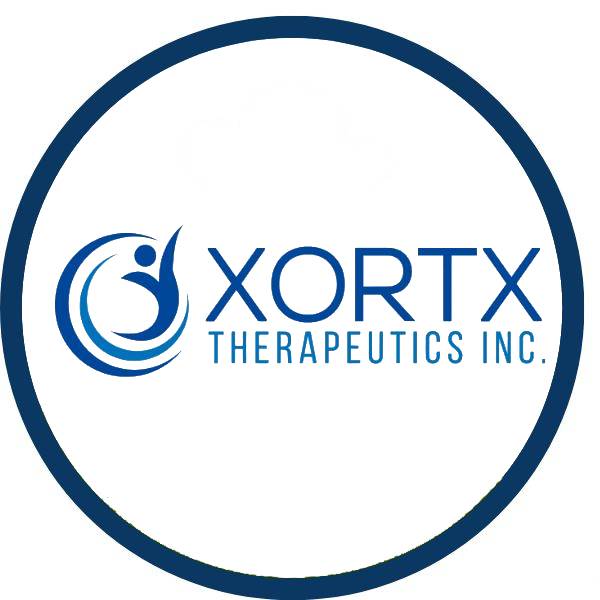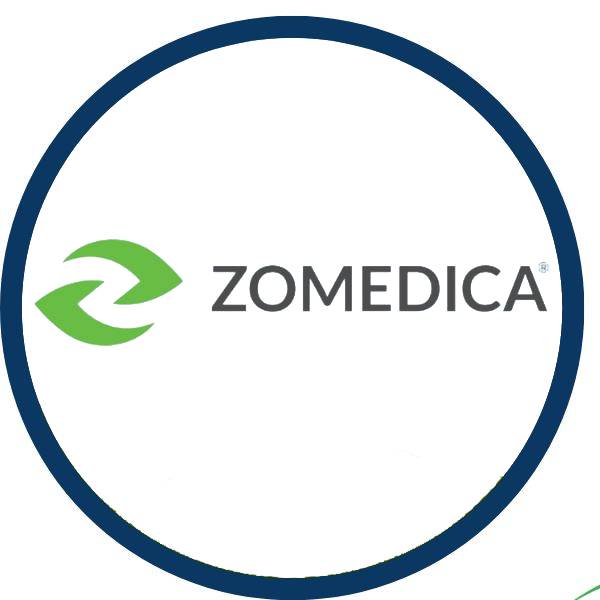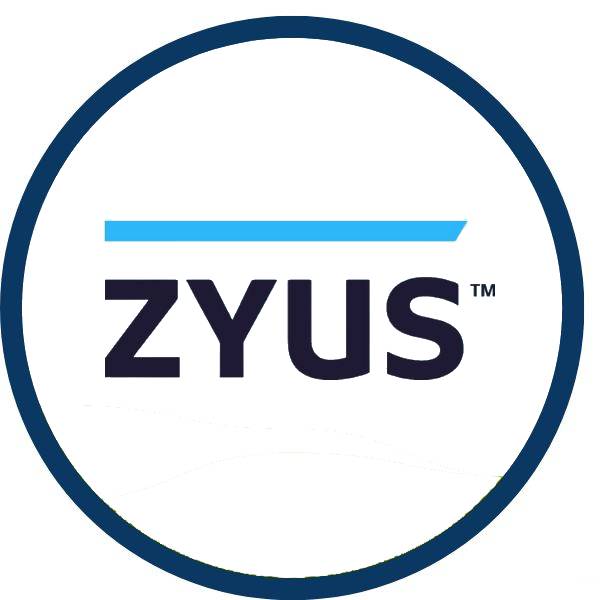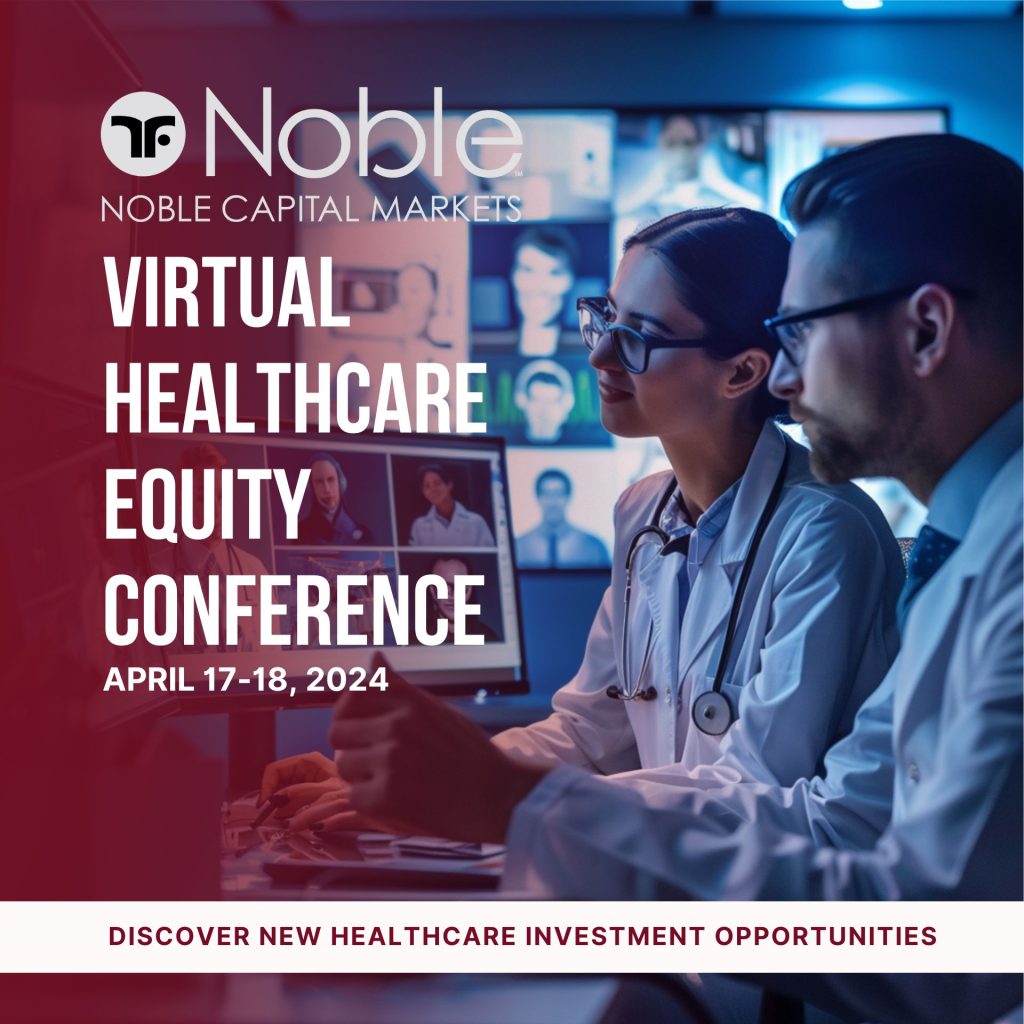
Wednesday, May 15, 2024
GeoVax Labs, Inc. is a clinical-stage biotechnology company developing novel therapies and vaccines for solid tumor cancers and many of the world’s most threatening infectious diseases. The company’s lead program in oncology is a novel oncolytic solid tumor gene-directed therapy, Gedeptin®, presently in a multicenter Phase 1/2 clinical trial for advanced head and neck cancers. GeoVax’s lead infectious disease candidate is GEO-CM04S1, a next-generation COVID-19 vaccine targeting high-risk immunocompromised patient populations. Currently in three Phase 2 clinical trials, GEO-CM04S1 is being evaluated as a primary vaccine for immunocompromised patients such as those suffering from hematologic cancers and other patient populations for whom the current authorized COVID-19 vaccines are insufficient, and as a booster vaccine in patients with chronic lymphocytic leukemia (CLL). In addition, GEO-CM04S1 is in a Phase 2 clinical trial evaluating the vaccine as a more robust, durable COVID-19 booster among healthy patients who previously received the mRNA vaccines. GeoVax has a leadership team who have driven significant value creation across multiple life science companies over the past several decades.
Robert LeBoyer, Senior Vice President, Equity Research Analyst, Biotechnology, Noble Capital Markets, Inc.
Refer to the full report for the price target, fundamental analysis, and rating.
Clinical Trial Treatment Continues With Milestones Ahead. GeoVax reported a 1Q24 loss of $5.6 million or $(2.47) per share. The company gave updates for its three trials testing GM04S1 and its Phase 1/2 trial testing Gedeptin, including the expected announcement about future clinical development for Gedeptin. Cash on March 31, 2024 was $0.8 million.
Gedeptin Is Finishing Its Phase 1/2 Study. The Phase 1/2 trial testing Gedeptin in advanced head and neck cancer has completed enrollment, with the next steps of development in planning stages. The current plan is to continue development in head and neck cancer, with an announcement coming regarding future trials. This could include testing in combination with an immune checkpoint inhibitor (ICI). Trial data and development announcements are expected in 3Q24.
Get the Full Report
Equity Research is available at no cost to Registered users of Channelchek. Not a Member? Click ‘Join’ to join the Channelchek Community. There is no cost to register, and we never collect credit card information.
This Company Sponsored Research is provided by Noble Capital Markets, Inc., a FINRA and S.E.C. registered broker-dealer (B/D).
*Analyst certification and important disclosures included in the full report. NOTE: investment decisions should not be based upon the content of this research summary. Proper due diligence is required before making any investment decision.
